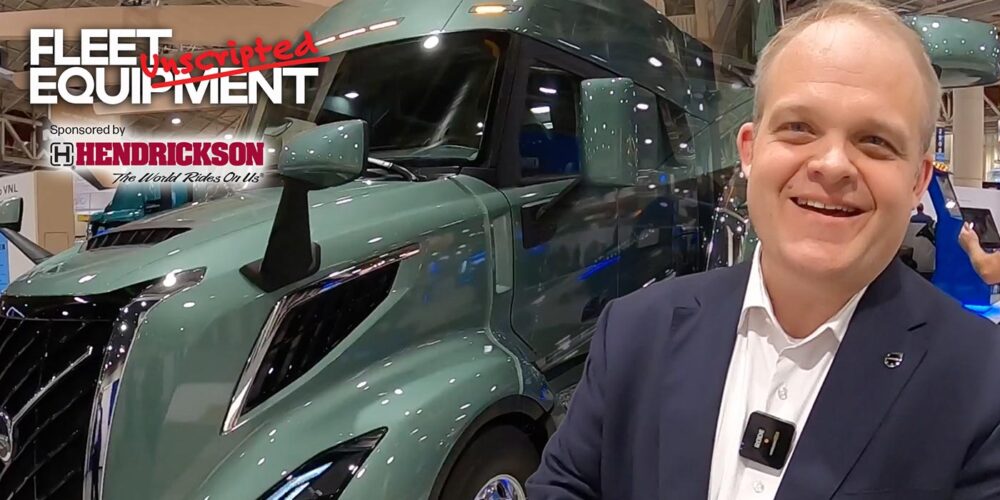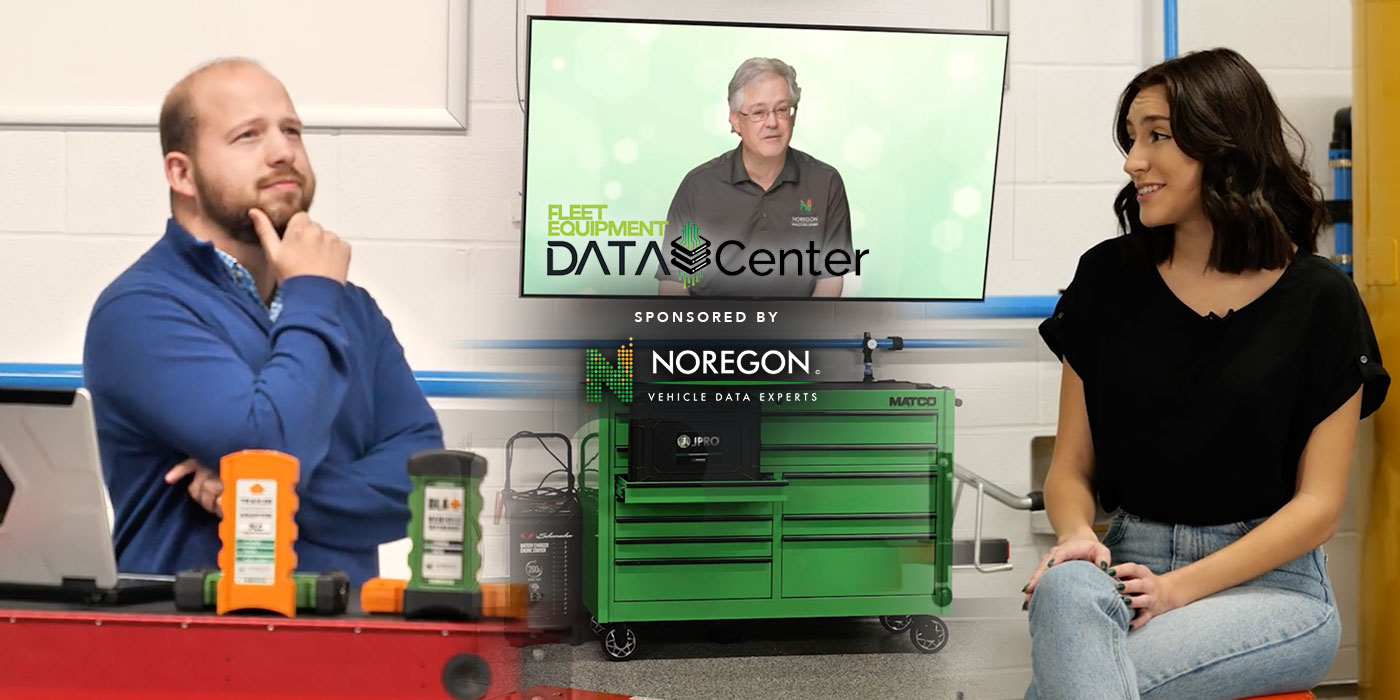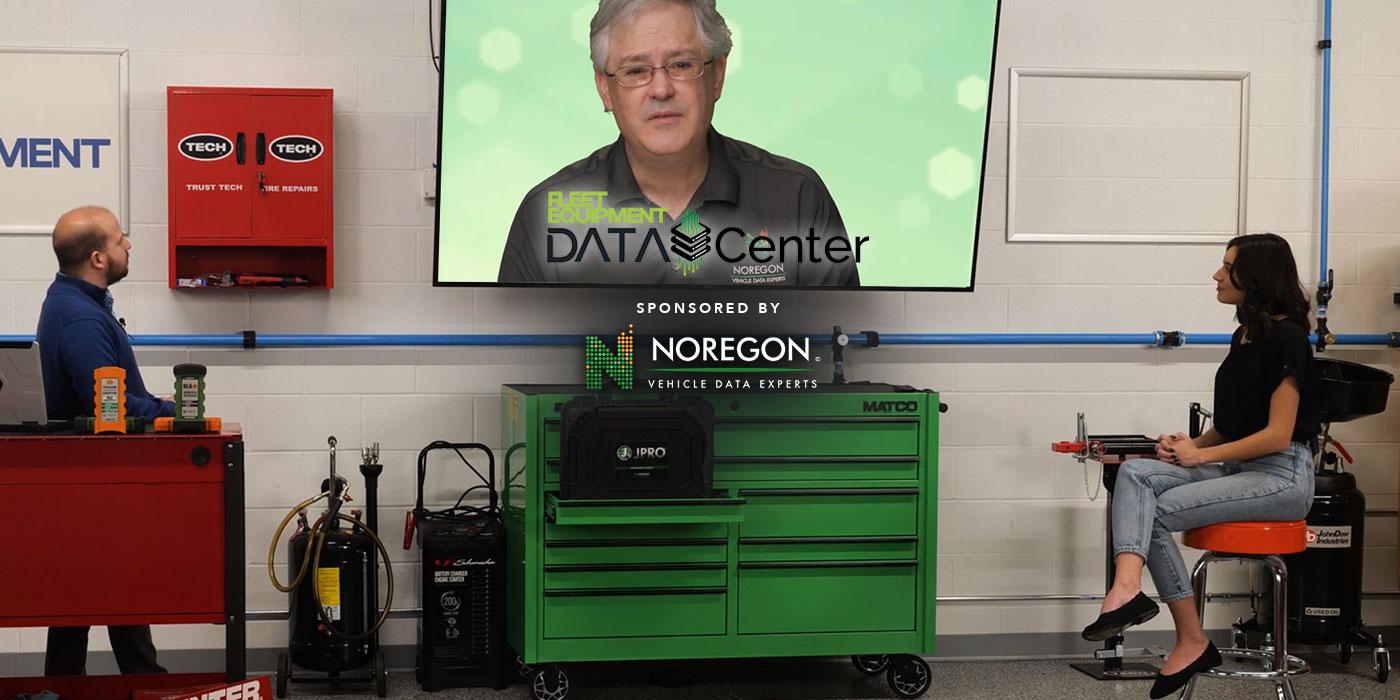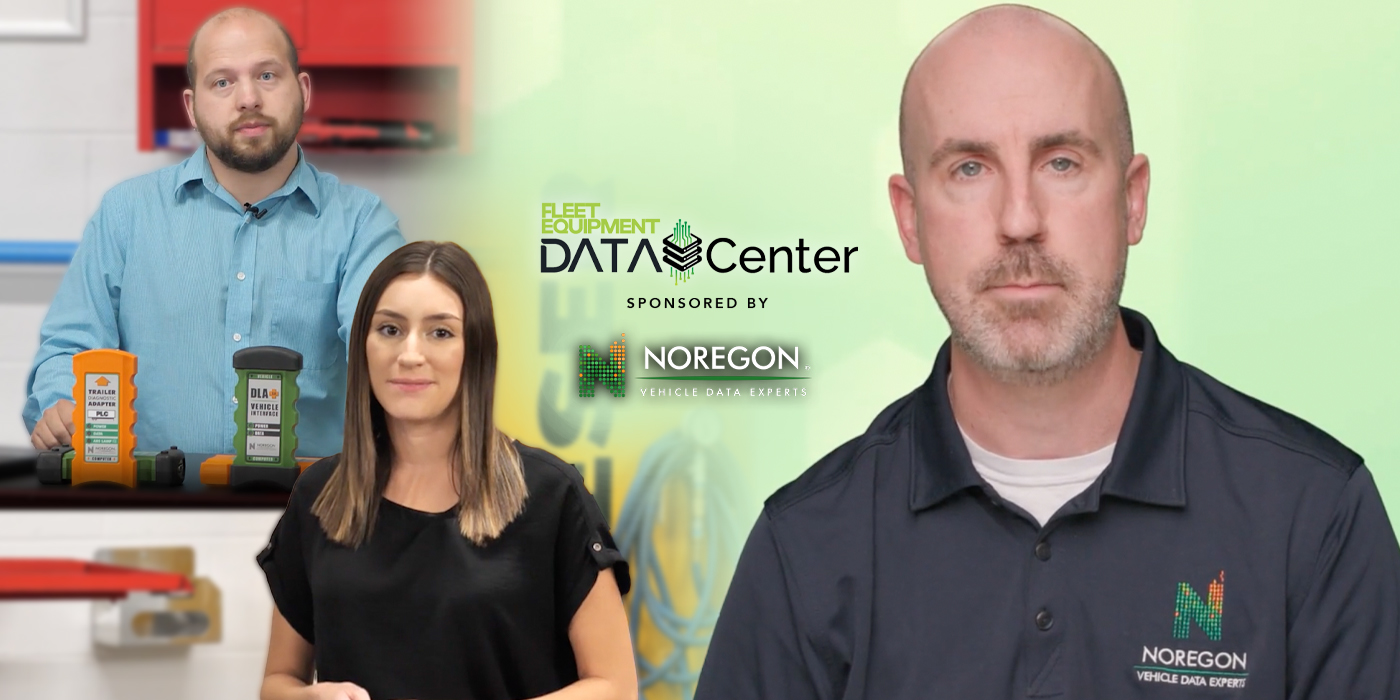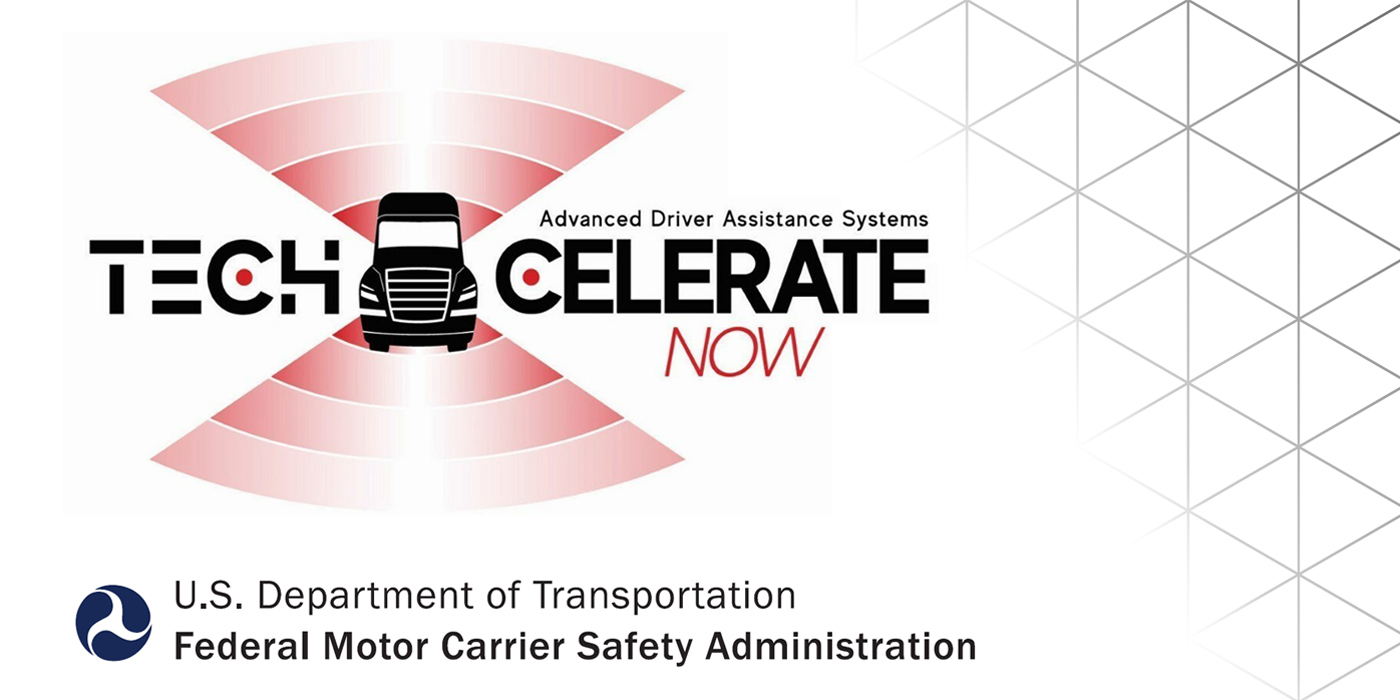Every shop has a slightly different way of getting the job done, but what might work for one shop may not go over so well with another. This reality made it especially difficult in the past for equipment manufacturers, service providers, fleets and repair shops to communicate and work together on a shared goal. The communication gap caused operations to be prone to miscommunication.
In 1970, the American Trucking Association (ATA) developed Vehicle Maintenance Reporting Standards or VMRS to provide a singular, concise and consistent coding that could be understood universally throughout the industry. VMRS is an abbreviation or synopsis for maintenance reporting, which eradicates the requirement for lengthy written details that oftentimes leads to misinterpretation anyway.
The codes are updated on an “as needed” basis by ATA’s Technology and Maintenance Council. VMRS can be used at any level and includes most equipment found on today’s roads like trucks, tractors, trailers, off-road vehicles and shop equipment. Tracking part failures will become an easier task for technicians and shop managers with the tools provided by VMRS. It simplifies the process by utilizing a precise coding taxonomy – no unnecessary details, just the required information.
While it’s been in use for decades, it’s good to refresh your team on the nuances behind the coding process.
Made up of 9 digits total, VMRS codes are clumped into sections of three. The first section identifies a system code, the middle section describes the assembly of the product and the third section identifies the component or parts.
The magic of VMRS is that it not only organizes your truck service events into uniform data that can be analyzed and used to bring down repair costs, but it also ensures everyone working on or with your trucks is speaking the same language leaving minimal room for misunderstandings.
Fleet Equipment’s Data Center is sponsored by Noregon. Subscribe to our newsletter to catch every episode as we’ll be diving into use cases, talking with the data pros and making data usage approachable.





